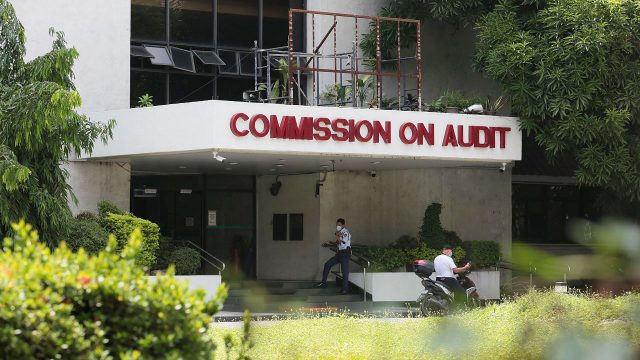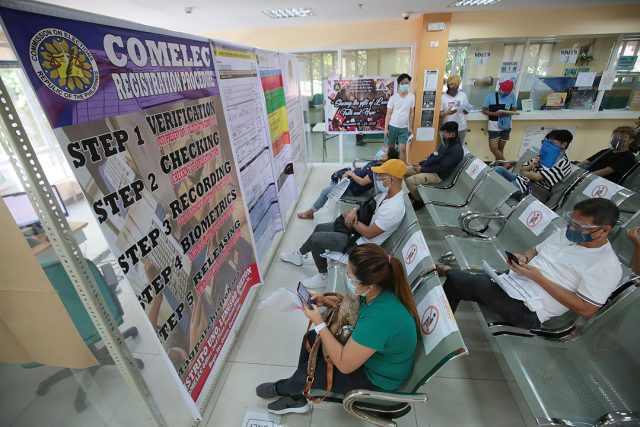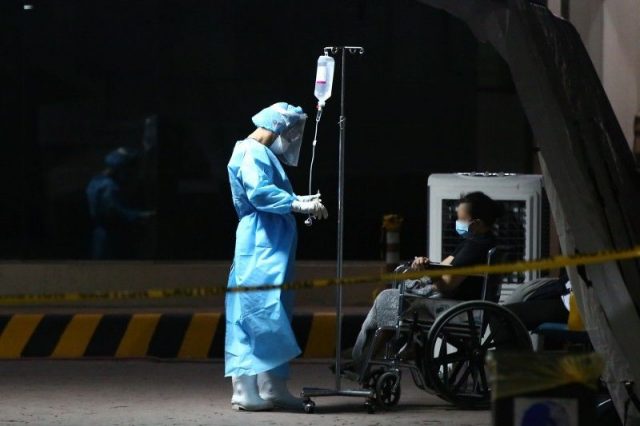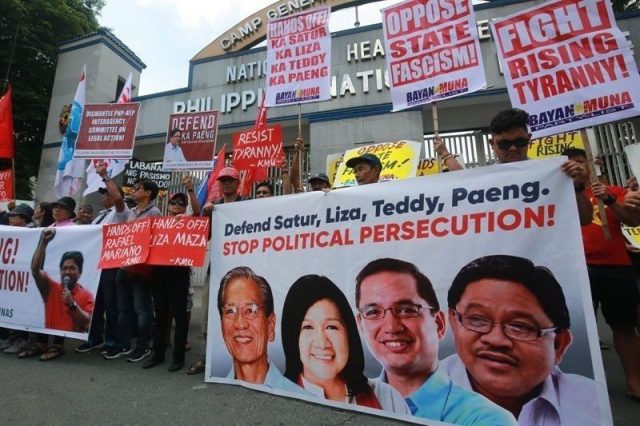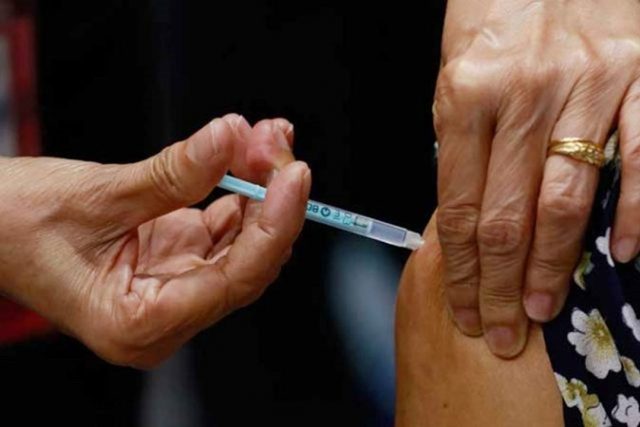THE PROPOSED offshore mining project in Lingayen Gulf poses danger to nearby aquaculture and fisheries industries, according to food security advocacy group Tugon Kabuhayan.
Norberto O. Chingcuanco, Tugon Kabuhayan co-convener, said the proposed project will affect the livelihood of fishers and aquaculture operators in Pangasinan.
The group said Lingayen Gulf has around 3,000 cages for milkfish (bangus), and numerous fishponds and fishpens, with an estimated annual output of 125,000 to 150,000 metric tons (MT).
“At a farmgate price of P110 pesos per kilogram, revenue from bangus production in Pangasinan alone is at least P16.5 billion,” Mr. Chingcuanco said in a statement on Monday.
A fishers’ group has earlier expressed opposition to the project, likewise citing its negative impact on the aquaculture industry in the area.
The Iron Ore Pangasinan Offshore Magnetite Mining project covers the waters of Sual, Labrador, Lingayen, Binmaley, and Dagupan City spanning 9,252.45 hectares.
[Text Wrapping Break]The project, covered under Financial and Technical Assistance Agreement No. 07-2020-IOMR issued by the government last year, aims to extract 25 million dry MT of magnetite sand annually. The project proponent is Iron Ore, Gold, and Vanadium Resources (Phils), Inc.
According to Tugon Kabuhayan, the project will affect the livelihood of fisherfolk as the excavation is allowed 500 meters from shore seaward, which houses the coral reef, sea grass and soft bottom ecosystems.
“Lingayen Gulf is one of the major fishing grounds in the Philippines covering 2,064 square kilometers of water, surrounded by the towns of Agoo, Alaminos, Anda, Aringay, Bani, Bauang, Binmaley, Bolinao, Caba, Dagupan, Labrador, Lingayen, Rosario, San Fabian, San Fernando (La Union), Santo Tomas, and Sual,” the group said.
Tugon Kabuhayan added that the area is also where spawning and nursery, egg and larval dispersal of economically important species happen.
“It is difficult to comprehend why some government agencies would allow a project that will further compromise our fish food security especially since government is projecting that we need to import fish in the coming months,” Tugon Kabuhayan convener Asis G. Perez said.
“It is fair to assume that suctioning and processing raw silt along with sea water from where the magnetite will be taken are likely to kill the eggs, larvae, fry as well as small fishes,” he added. — Revin Mikhael D. Ochave


